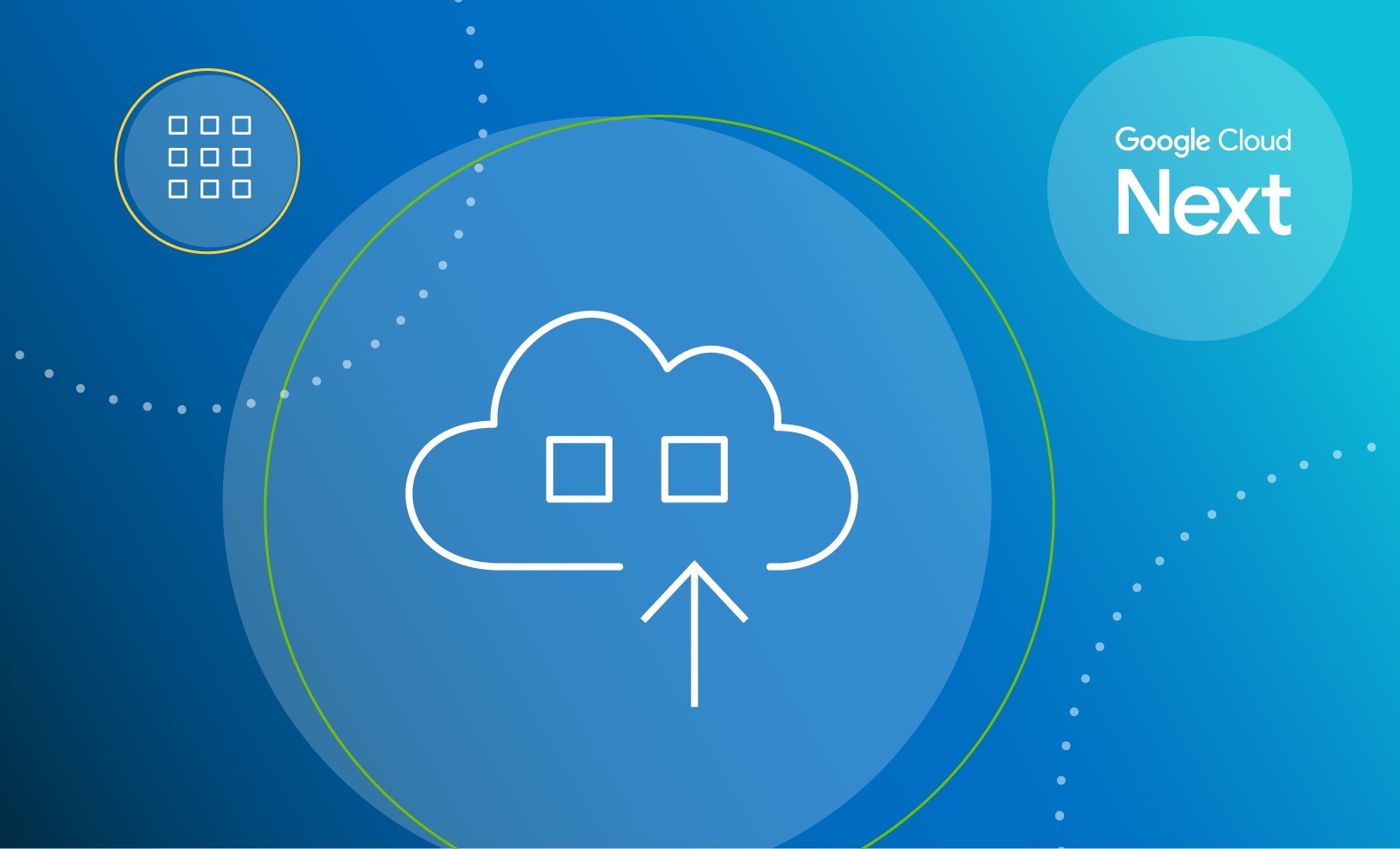This article is based on Collibra and Baptist Health’s discussion at the Data Citizens 2024 conference in Orlando, FL, bringing together the world’s most innovative community of data leaders to experience breakthrough solutions. Collibra puts reliable, high-quality data in the hands of healthcare data citizens.
***
As more and more industries move their data storage to the cloud, healthcare tends to be among the holdouts.
Not only do hospital systems face strict privacy regulations for personal health information (PHI), but they may also have heavy investments in on-premises storage systems. The initial staff retraining and the cost of migration are real barriers to an updated, cloud-based data governance system. But with the right tools, transformation is possible.
That’s the story of Baptist Health, a South Florida health system with more than 27,000 employees across 12 hospitals and more than 100 outpatient facilities. Prior to adopting Collibra, the Baptist Health data governance team encountered frequent frustrations with the organization’s legacy on-premises storage systems. Notably, there was no single tool to catalog information and foster collaboration between technology and business teams.
Baptist Health’s Data Governance Manager Jennifer Lundy and her colleague Data Architect Senior Andrew Jones took the stage at Data Citizens 2024 to share their experience of using Collibra to build a cloud-based data governance program. While there were some challenges out of the gate, Collibra’s experts worked closely with the Baptist Health team to navigate around them. As Baptist Health enters its third year of partnership with Collibra, the new data governance program is already paying dividends.
“Definitely a partnership”
An organization the size of Baptist Health doesn’t change platforms overnight. Andrew recalls some internal confusion during the move away from on-premises data storage.
“Cloud technologies were new to the company,” Andrew remembers. “A lot of shifts in the technology and digital departments were happening as well. There was a point in time when we felt like we didn’t know who we needed to reach out to to get certain approvals or bypasses through security — even when setting up Collibra.”
Andrew is accustomed to technology vendors that are sometimes slow to answer a support ticket, but to his surprise, Collibra was different. Baptist Health received quick answers from the Collibra customer support team no matter which onboarding configuration item needed attention.
“Definitely, it was a partnership,” Jennifer agrees. “We can’t thank Collibra enough for being able to [react with] a very timely response.”
One of the biggest questions for Baptist Health was how Collibra could work with other analytics software in the health system’s tech stack, particularly Tableau. Collibra’s out-of-the-box connector facilitated a seamless transition for setting up reports and dashboards — a feature that ultimately impacted how quickly the new data governance system could expand.
Scalable growth
As Baptist Health transitioned its analytics to cloud-based tools, the data architecture team already had future growth in mind. Each addition to the tech stack needed to be able to increase database size and processing power without bottlenecking performance.
“We have Amazon Web Services (AWS) as our foundation, and we’re including other cloud-based technologies to help support the data delivery area,” Andrew explains. “By using AWS, Collibra, Snowflake [data warehouse], and Tableau [visual analytics] together, we’re finding all kinds of benefits.”
Andrew estimates that Baptist Health has seen a 70% decrease in query execution time since moving its data analytics to the cloud, giving developers more availability for projects that present data to business users. Keeping with this focus on optimization, Baptist Health leveraged AWS as their cloud infrastructure and used Collibra’s Snowflake connector to make Snowflake their data cloud platform.
Collibra is an Amazon Web Services Partner with an AWS Data & Analytics competency designation. That means that AWS customers can have confidence that Collibra has demonstrated technical expertise and has a proven track record in various industries, use cases and workloads. Efficient infrastructure means faster deployment, which helps organizations implement Collibra at scale with a minimum draw on technical resources.
Decreased risk
In addition to speeding up the time to insight, Baptist Health’s cloud transformation emphasized risk reduction. This was imperative, because the health system’s older, on-premises data storage carried inherent security vulnerabilities and ongoing maintenance costs.
Not only did the infrastructure cause concerns, but the user experience presented problems too. Operational inefficiencies created delays in running reports, which in turn slowed down just about every department from nursing to finance. Critically, data quality suffered when reporting from different sources was in conflict. “A single source of truth and a centralized, standardized data platform is the goal of bringing all of these [tools] together,” Jennifer says. “Data is becoming so much more readily available.”
Now, with integrated tools, Baptist Health can easily run reports on everything from bed capacity to ledger reconciliation. It’s not that these reports didn’t exist before, but now everyone viewing the data has confidence in its source.
“Being able to look at the lineage report and follow the traceability of the data back to the source has improved all of our internal checkpoints and our own automated and systematic validations, as well as post-production monitoring,” Jennifer explains.
Thanks to streamlined operations in the new cloud-based tech stack, Baptist Health has decreased risks stemming from both user errors and poor data quality.
Better insights
To say the organization’s biggest gain is reporting efficiency, however, misses a key component of data analytics — operational insights that drive business decisions.
Machine learning and artificial intelligence teams at Baptist Health have produced models to predict length of patient stay, urgent care wait times, discharge readiness, and other operational metrics. Developers can create these models using Collibra as a discovery tool, knowing they can trust the data — after all, an AI tool is only as good as the data on which it’s trained.
Of course, when working with PHI, data privacy must be tantamount to innovation. Collibra meets healthcare compliance requirements while delivering patient-focused insights. “Collibra ensures that we have an established program that brings governance across our health system, maintaining that quality while addressing privacy and compliance standards,” Jennifer says.
Andrew notes another benefit of Collibra’s technical lineage tools. During Baptist Health’s migration to the new cloud platform, Collibra identified which data sources were involved in creating reports. If an older database was no longer in use, the migration team could skip it. This simple insight led to significant time and cost savings.
“[Collibra] has been a great tool to provide insight into all things metadata about Baptist Health,” Andrew adds.
Common language
Technical teams aren’t the only ones reaping the benefits of clean, quality data. Collibra has also impacted the business side of the health system.
“We’ve focused on a data literacy roadshow,” Andrew explains. Presentations throughout the health system’s many locations promote data literacy and the benefits of governance for standardization, cost savings, and communication.
A key tool in standardization is Collibra’s business glossary. With so many employees across dozens of facilities, a centralized list of definitions avoids duplication or confusion. Anyone looking at data in Collibra can speak the same language to interpret it in reports.
Cataloging started with clinical and financial information but has since expanded to other departments with the aim of increasing productivity and improving decision-making through clear, effective communication.
When the transformation is complete, Baptist Health plans to decommission its legacy platform in late 2024. What once was a daily barrier to optimized data delivery is now a relic, proving effective cloud-based data management is possible even with the high regulatory demands of healthcare.




